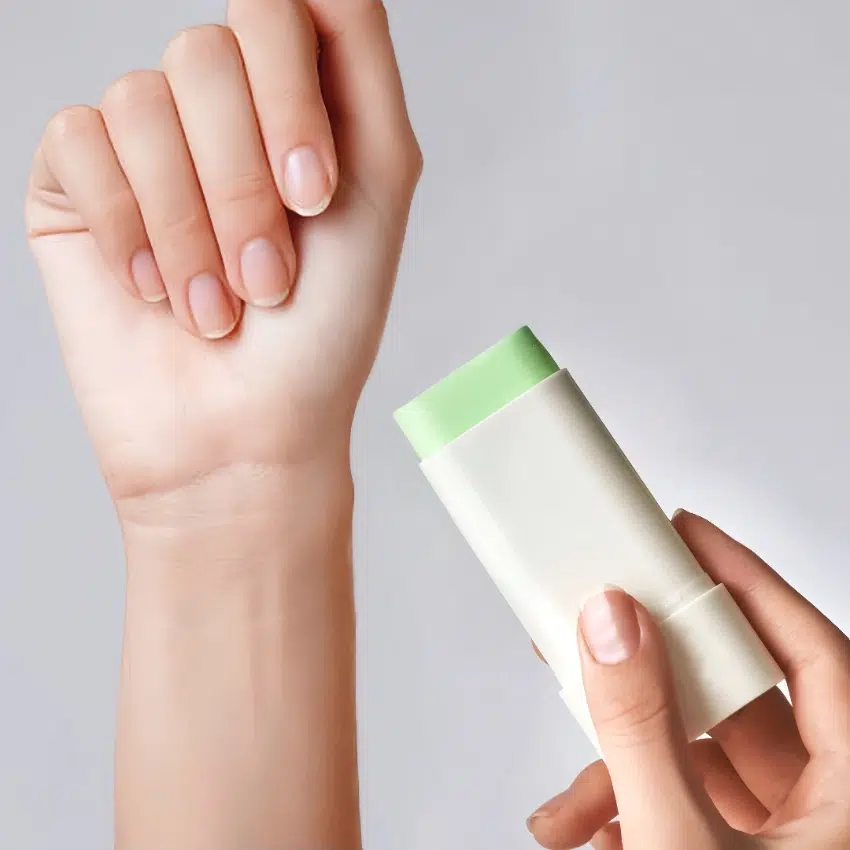Climate change has become impossible to ignore, with its effects permeating every aspect of our lives. From youth climate strikes to celebrity advocacy, the world is waking up to the environmental crisis we face. One of the most pressing issues in this battle is our over-reliance on plastic – a material that has become so ubiquitous we often don't even recognize it in our clothing, vehicles, and everyday products like deodorant tubes. The good news? Innovation is paving the way for solutions, including a revolutionary plastic-free deodorant container that could change how we think about personal care packaging.
The Plastic Problem in Personal Care
Plastic has become so ingrained in our daily routines that we barely notice its presence anymore. Yet the statistics are staggering – our vehicles contain about 50% plastic by volume, while synthetic fibers (which are essentially plastic) dominate our wardrobes. Personal care products represent some of the most problematic plastic waste, with items like empty deodorant containers posing particular recycling challenges.
Traditional deodorant tubes are recycling nightmares, often composed of more than 50 different plastic types. The main body might be high-density polyethylene, while the twisting mechanism uses polypropylene, and the cap could be yet another polymer. This complexity makes it nearly impossible for consumers to properly recycle them, leading to millions ending up in landfills where they'll persist for centuries. Even when placed in recycling bins, these mixed-material containers often get rejected by sorting facilities.
A Paper-Based Solution Emerges
Recognizing this packaging dilemma, innovative companies have developed an alternative: deodorant tubes made entirely from paper and cardboard. This breakthrough eliminates the plastic problem entirely while still providing effective product delivery. The new push-up tube design works perfectly for greasy products like balms and deodorants, with an internal barrier that prevents product seepage while maintaining easy dispensing.
The environmental benefits are substantial: these paper-based containers can be recycled through any home cardboard collection system and will biodegrade completely under proper conditions. This stands in stark contrast to traditional plastic tubes that may take 500-1000 years to break down in landfills.
Why This Innovation Matters Now
Consumer awareness about environmental impact has never been higher. People are actively seeking products that align with their values without compromising quality or convenience. The youth climate movement and prominent voices like David Attenborough have brought unprecedented attention to our plastic pollution crisis. In this context, sustainable packaging isn't just nice to have – it's becoming a requirement for brands that want to stay relevant.
The shift toward plastic-free personal care items reflects broader changes in consumer behavior. People want simplicity in their sustainability efforts – products they can easily recycle without needing advanced knowledge of polymer chemistry. The new paper-based deodorant tubes deliver exactly this, removing the guesswork from responsible disposal while keeping the product experience familiar and effective.
| Material | Recyclability | Decomposition Time |
|---|---|---|
| Traditional Plastic Tubes | Complex, often unrecyclable | 500-1000 years |
| Paper-Based Tubes | Easily recycled with cardboard | 2-6 months (industrial composting) |
The Packaging Revolution Continues
This innovation in deodorant packaging represents just one front in the broader war against plastic waste. Forward-thinking brands are recognizing that sustainability can be a competitive advantage when done right. The key is developing solutions that don't force consumers to choose between environmental responsibility and product performance.
For companies looking to make this transition, working with an experienced packaging solutions supplier can help navigate the technical challenges of sustainable packaging. From material selection to structural design, getting professional guidance ensures your packaging meets both environmental goals and consumer expectations. The days of confusing, unrecyclable empty deodorant containers may soon be behind us as more brands adopt these paper-based alternatives.

